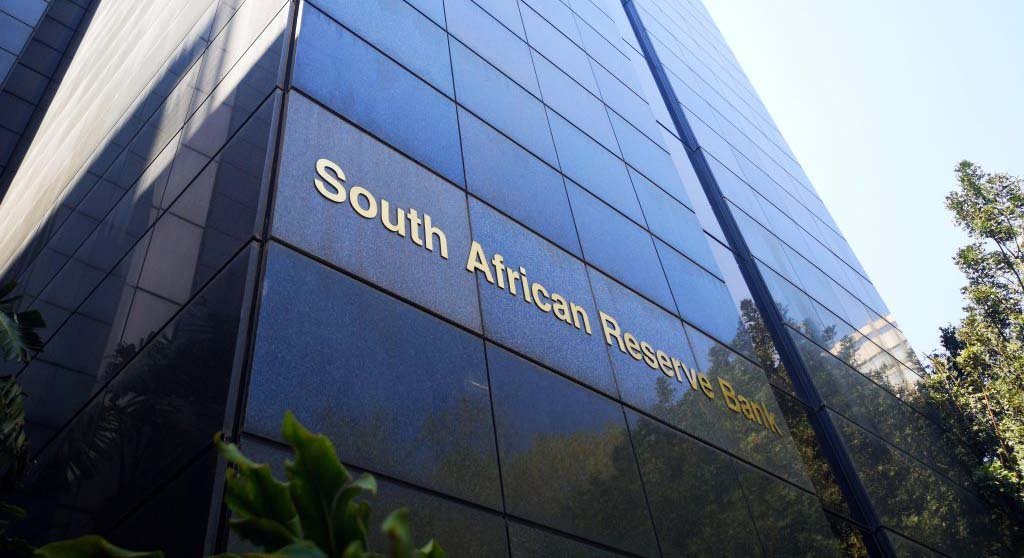Regulations Governing Tokenized Deposits and Crypto Assets in South Africa Set to Effect in January 2025 – South African Reserve Bank (SARB) senior fintech researcher Gerhard van Deventer recently reported that legislation controlling so-called tokenized deposits and crypto assets are scheduled to take effect on January 1, 2025.
Deventer cautioned regulators that they still need to grasp the dangers involved with the technology behind digital assets, despite the fact that this step is viewed as a significant milestone. In order to accomplish this, the SARB and its partners have performed experiments designed to uncover the dangers and benefits of distributed ledger technology (DLT).
Among the trials done by the South African central bank in partnership with commercial banks were Project Khokha and Project Khokha 2. In one of the tests, the SARB is alleged to have investigated a central bank digital money for retail use (CBDC). According to Deventer, the South African central bank has also investigated wholesale and multi-CBDCs, and the bank is now interested in finding a way ahead.
People Also Read: Treasury Secretary Yellen Holds Unscheduled Meeting With Top Financial Regulators
“At the SARB, we recently completed a project that explored the feasibility, desirability and appropriateness of a retail CBDC for South Africa. We are currently progressing with an internal project to consider the way forward,” the fintech analyst said.
According to a report published by Creamer Media’s Engineering News, South African regulators, including the SARB and the Financial Sector Conduct Authority (FSCA), as well as the financial industry, still need to do more work on the prudential treatment of crypto assets.
Sim Tshabalala, the chief executive officer (CEO) of Standard Bank, recently discussed the benefits of employing CBDCs to support secure interbank clearing, as quoted in the same source. According to Tshabalala, CBDCs, particularly retail ones, have the potential to expand formal financial system involvement. Also, they can decrease prospects for tax evasion and other financial crimes.
Tshabalala noted however that questions still remain about the role of central banks should CBDCs become widely used. He said: “However, it is not clear at this stage how retail CBDC balances held with commercial banks differ from other deposits, or how CBDC balances held by an individual or a firm directly with the central bank differs from the central bank turning itself into a retail bank.”
According to the CE of the Standard Bank, if this issue is not addressed, it will be the same as if no action is taken to “mitigate the risk and moral hazards” that result from a central bank’s active engagement in the financial system.
READ MORE
Nigerian Digital Currency Transactions up 63% Says Central Bank Governor
US Federal Reserve Raises Interest Rates a Quarter-Point Amid Banking Turmoil
South African Rand Plunges to New 2023 Low Versus the US Dollar




